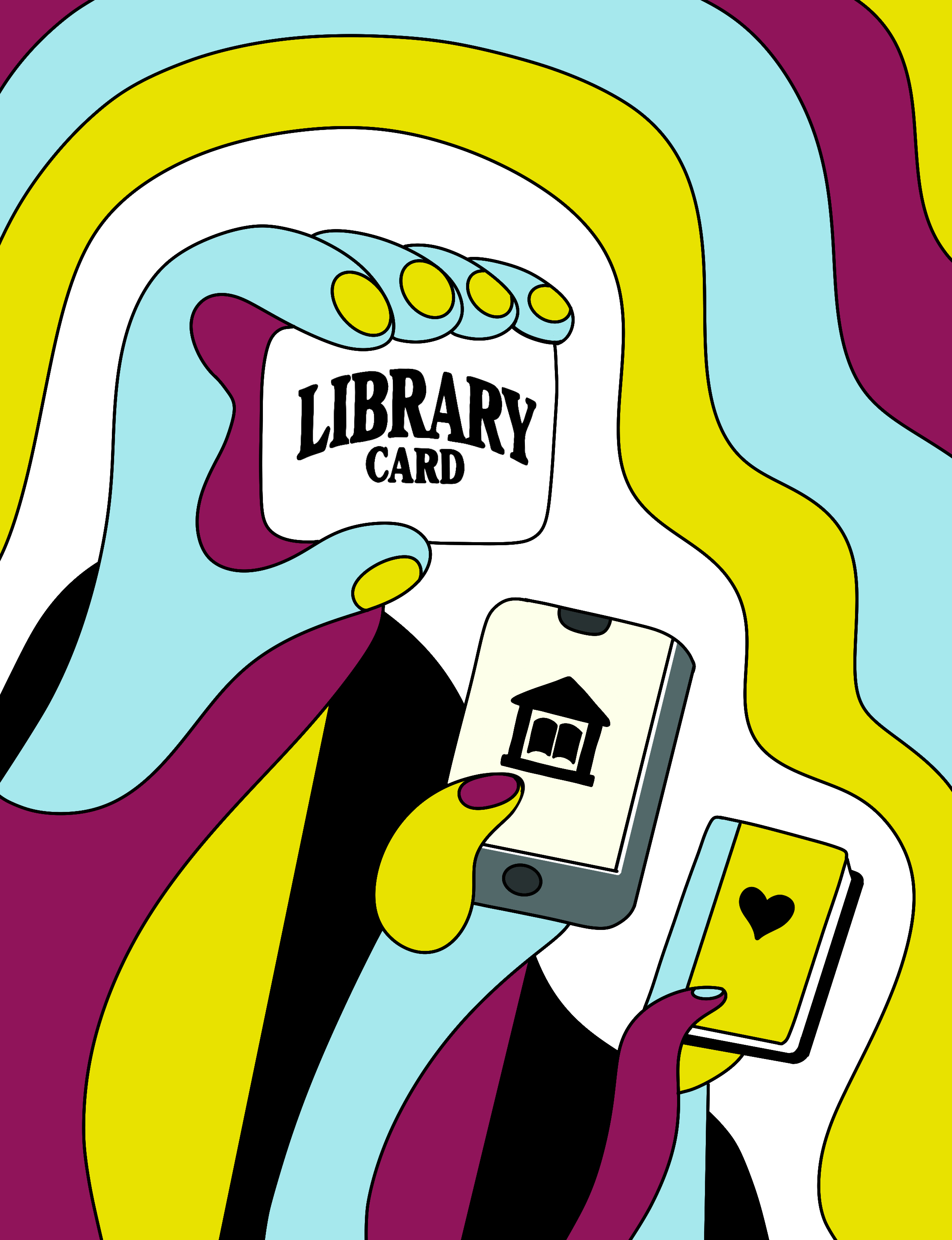Connecticut Passes Landmark Ebook Bill Based on Library Futures Model Legislation

Last week, lawmakers in Connecticut passed a landmark bill to regulate the sale of econtent to libraries. The bill was based on the Library Futures Model Ebook Legislation, released in 2020. The Connecticut Library Association has led the way in adapting this legislation for local contexts and working with lawmakers on language that fits the needs of their library patrons. Special thank you to Ellen Paul, Director of the CLA, and Representative Matt Blumenthal of Connecticut for championing this bill to the floor.
The bill, S.B. 1234, passed the Senate 35-1 and the House 106-38. It now heads to Governor Ned Lamont.
After the governor signs, publishers will no longer be able to
- Prohibit libraries from lending ebooks on their own terms,, including via interlibrary loan
- Restrict license terms or checkout limits during the term of a license without offering agreements on “commercially reasonable terms” that align with the library mission
- Limit when libraries can buy an ebook license or how many licenses they can buy
- Prohibit libraries from making preservation copies
- Require libraries to violate patron confidentiality
The bill’s “trigger” provision of the bill means that it will not take effect until a state or states with a combined population of 7 million adopt similar laws. While this provision means the bill is largely symbolic until more states take up the banner, its progress marks a milestone in our shared fight to take back library rights in the digital world. Currently, similar legislation is being considered in at least eight states, including New York, Vermont, Maine, Washington, and Hawaii.
“We are public institutions built on the promise of equitable access to information, while the publishing industry is built on the premise of profits,” Ellen Paul, Executive Director of the Connecticut Library Consortium, said in a statement.
